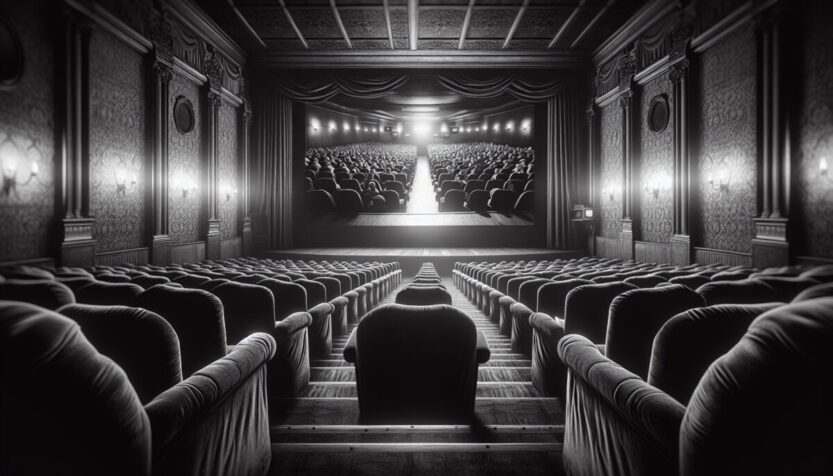Throughout cinematic history, films have often served as mirrors to society, reflecting the political anxieties and tensions of their times. As we approach another pivotal election, it’s fascinating to revisit classic films that not only captured the spirit of their eras but also resonate with the current political landscape. These films, produced during times of great uncertainty, offer insights that remain relevant today.
Political unease in the modern era
In recent years, films like Don’t Look Up have addressed contemporary issues such as climate change and political apathy. This Netflix satire highlights the dangers of ignoring scientific warnings, paralleling the current global climate crisis. Similarly, Civil War presents a thrilling narrative that, while entertaining, raises questions about the complexities of political alliances. However, the most striking reflections of today’s political climate can be found in classic films from the Cold War era, which tackled themes of media influence, political manipulation, and the rise of demagogues.
Cold War classics that resonate today
During the Cold War, filmmakers produced a series of thought-provoking films that explored the power dynamics of politics and media. One notable example is Network, where a charismatic TV anchor becomes a puppet master, manipulating public opinion. The film’s chilling portrayal of media power is eerily reminiscent of today’s political landscape, where media personalities can sway public sentiment with alarming ease. Another classic, The Manchurian Candidate, delves into the theme of political infiltration, showcasing a Soviet-controlled senator’s bid for the presidency. This film raises questions about loyalty and the potential for foreign influence in domestic politics, issues that remain pertinent in today’s discussions about election security.
The relevance of satire and dark humor
Satirical films like Being There, featuring Peter Sellers as a simple-minded gardener who inadvertently becomes a political figure, highlight the absurdity of political discourse. The film critiques how media can elevate individuals lacking substance to positions of power, a phenomenon that feels increasingly familiar. Additionally, Idiocracy presents a dystopian future where anti-intellectualism reigns supreme, serving as a cautionary tale about the consequences of neglecting education and critical thinking in society.
As we navigate the complexities of modern politics, revisiting these classic films provides not only entertainment but also a lens through which to examine our current reality. The themes of manipulation, media influence, and the rise of demagogues are as relevant today as they were decades ago, reminding us of the cyclical nature of political history.




